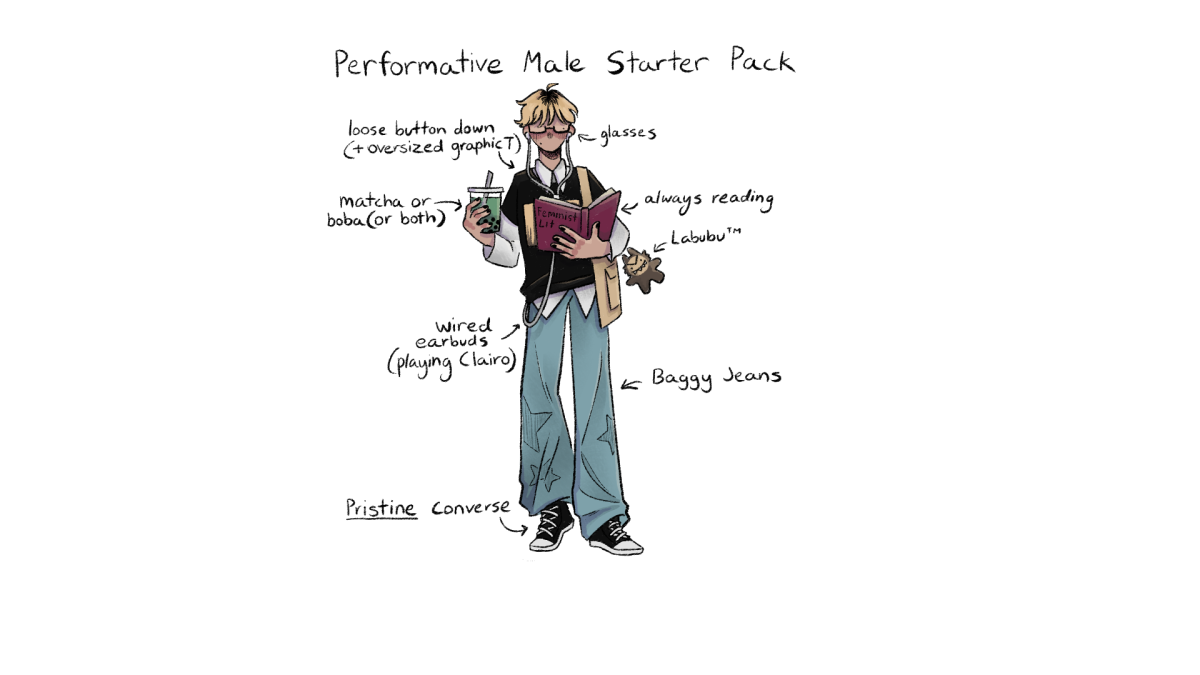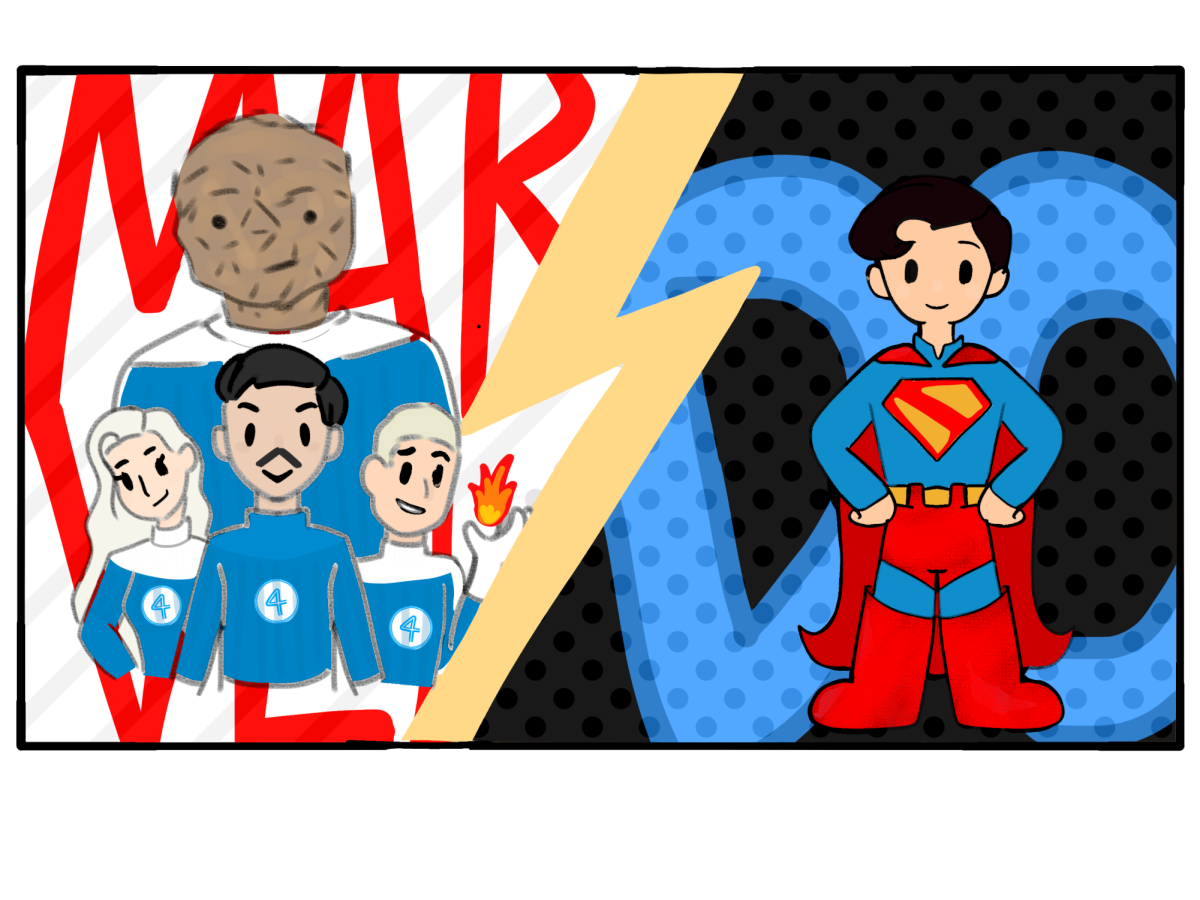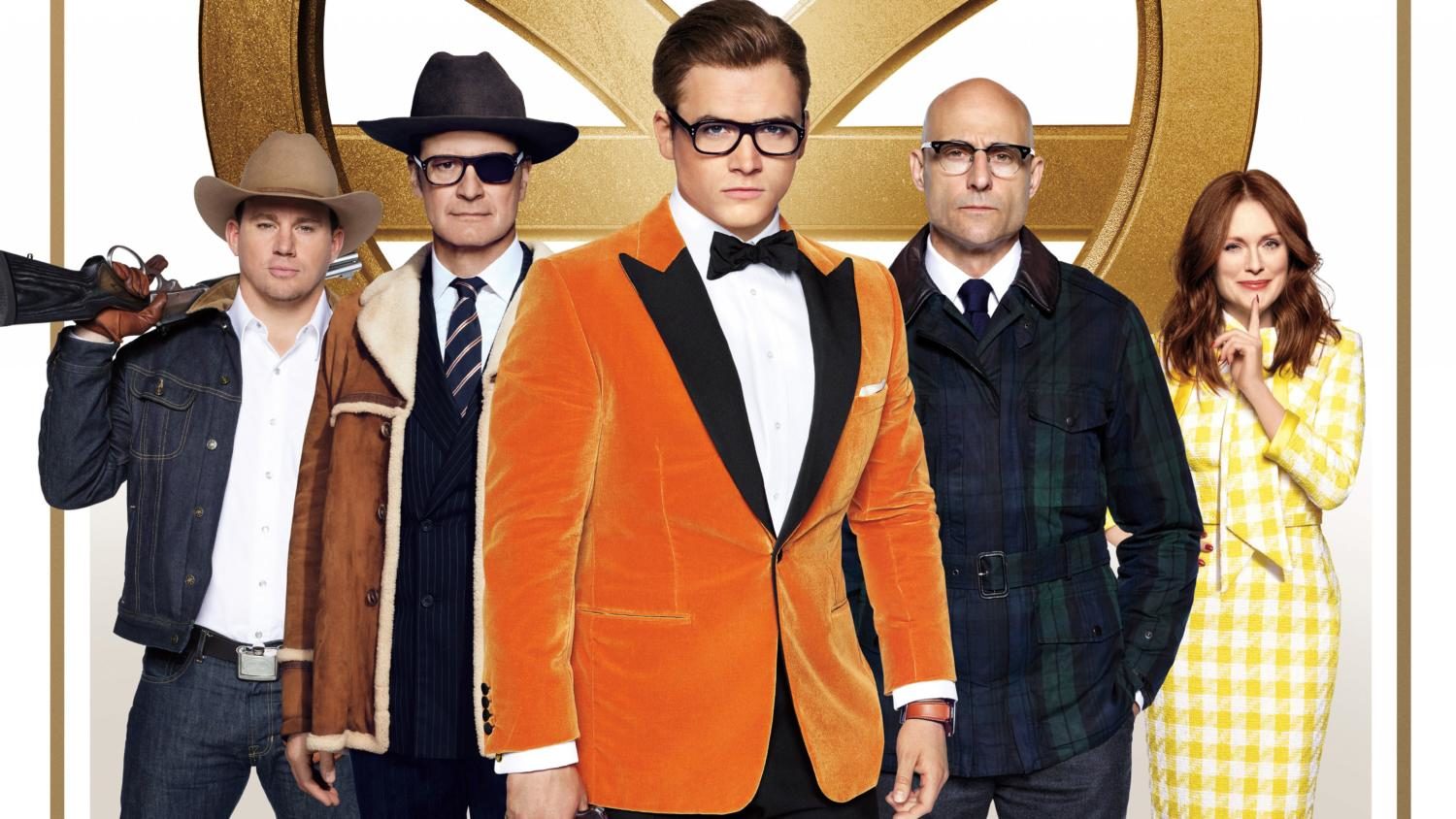Kingsman: The Golden Circle will impress the fans who watched Kingsman: The Secret Service for the action, and conflict those who watched the first movie for the plot.
Visually, the Golden Circle follows a pattern of escalation. It opens on a fight scene between main character Gary “Eggsy” Unwin (Taron Egerton) and rejected Secret Service recruit Charlie Hesketh (Edward Holcroft), where the two face off in the back of a moving taxi cab, Eggsy narrowly escaping a kidnap attempt in the process.
From there, the plot twists and turns (some spoilers ahead) to shift the dynamic irreversibly away from the entire agency, instead focus on the propellor behind the first movie’s plot; the genius behind Eggsy and his recruiter, Harry’s (Colin Firth) success.
The two, with assistance from the Kingsman series’ Alfed Pennyworth, a tech-guru and backstage director called Merlin (Mark Strong), face a recurring theme in Kingsman movies; two faced politics.
The new villain is an emotionless drug lord named Poppy (Julianne Moore), who poisons the world’s drug users and promises to deliver an antidote on one condition – all drugs are legalized and regulated like alcohol.
While Poppy sets terms that seem feasible with millions of lives at stake, the U.S. President gambles that it’s best to trick the public into believing there will be negotiation while secretly letting all the infected and Poppy’s target market die.
The Kingsman Service, working with American counterparts The Statesman, hear the President claim this event is truly just the United States winning the war on drugs, and set out find Poppy and release the antidote themselves.
In the first movie, Harry dealt with pounding guilt at the loss of an agent he was responsible for, recruiting Eggsy as a possible replacement. In this installment, a more grown up and tactful Eggsy deals with loss of his own, and when he finds out his girlfriend has been infected by Poppy, he spends the latter half of the movie in a neurotic stress that Merlin and Harry help him hold back, already deep into their mission to release the antidote themselves.
Eggsy develops further in the sequel, while in the last he learned to not blame others for his own failures, in The Golden Circle he learns to control his emotions in the face of a mission where there’s no-one he can pass the blame to. Eggsy shines mid-way through the film in a puzzle of bringing Harry back from the brink of disappearance, and gains an ally he would’ve been lost without, the one who found him in the first place.
While the character focus shifts towards a select few, the theme stays broad and allows the agency itself to take a position on the global issue of drug abuse and the treatment of their users. This helps solidify the ideas, traditions, and principles that hold the Kingsman agency together, as the film explores it falling to pieces.
More action shots allow a stressed main character to release his anger onto the screen.
The imbetween moments are filled with tie-backs, small moments of genius for the three heroes of the story, a comedically angry Elton John (played by himself) who’s held captive by Poppy for personal performances, and finally, the film is riddled with overarching moral questions that shine in the Kingsman franchise.
Personally, the movie for me sprung the franchise ahead.
There was very little sacrifice of storyline, even with the film’s time so often spent on nostalgia for the last one.
This worked so well because the adrenaline pumping action shots featured recurring faces and locked in the emotions of the characters participating.
The film was great with planned-out plot twists that orchestrated themselves into the bigger story of sticking to principles under extreme stress.
It’s a film that’s visually fun to watch and proves the franchise can tear itself down and rebuild when needed, an essential skill in the eclectic, flamboyant themed set of films.























